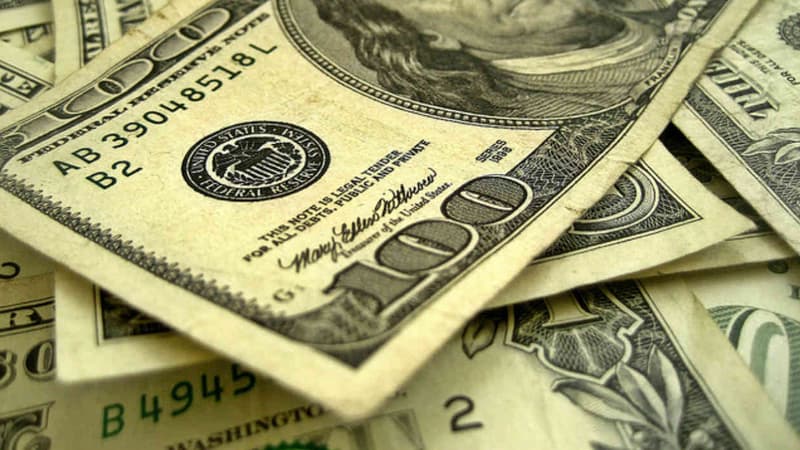This is the main consequence presented by experts, following Donald Trump’s customs offensive against several countries: a generalized price increase for US consumer.
However, despite the application of heavy customs tariffs in many imports, inflation in the United States retains its calm with 2.4% in May, after 2.2% in April.
In CNBC this Monday, the White House economic advisor, Kevin Hassett, has raised the hypothesis that new price policies do not yet cause generalized pricing inflation, because President Donald Trump convinced more consumers to buy American products.
“I think there is a lot of patriotism in the figures,” he said. “My theory, as an economist, is that the Americans, thanks to the leadership of President Trump, understood that when buying an American product, they obtain not only a better product, certainly a better product most of the time, but also strengthen their community.”
Consequently, import demand has decreased abruptly, so much that, despite the customs duties in force, where one could say: “Oh, prices could increase, at least slightly,” we have found a price drop.
Preview of actions
Kevin Hasett also argued that the countries with which the United States has a commercial deficit supports the cost of customs duties, instead of the prices of the prices of US consumers.
This calm in the front of inflation would also be explained by the fact that Donald Trump, at least temporarily, has renounced some of his most important projects in terms of customs duties.
Others point out that many importers have constituted assets actions in advance of the arrival of customs tariffs, thus attenuating the short -term effects of these prices rights.
Ernest Tedeschi, director of the Yale Laboratory Budget Economics Department, wrote that the methodology used in the White House report “will underestimate the effects of customs tariffs on their import indications”
The one who was chief economist of the economic advisors of the Blank house under former President Joe Biden, also cited data from the Harvard University Price Laboratory that show that imported goods have increased since the beginning of March, when US prices in Canada, Mexico and China have entered into force.
Source: BFM TV


